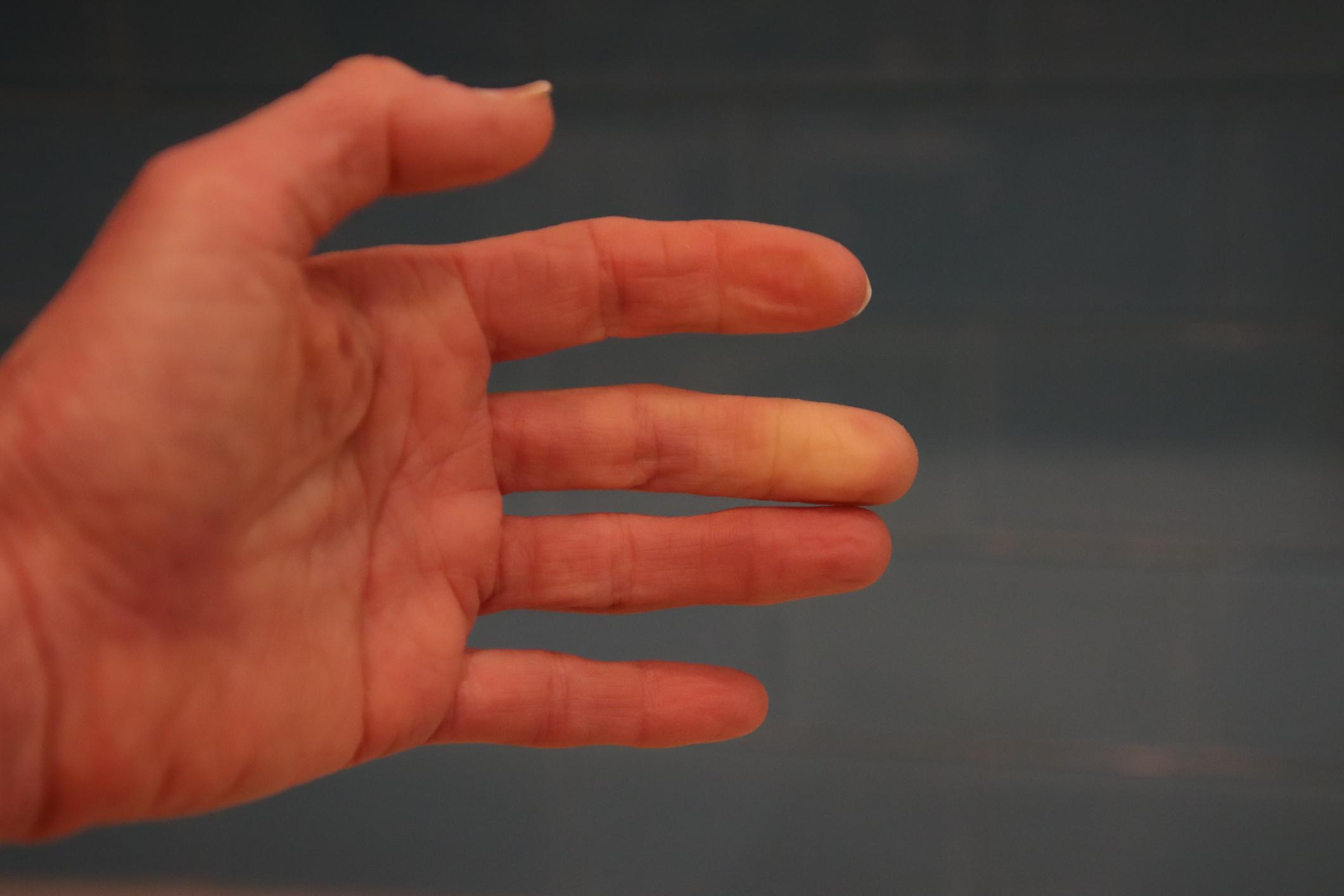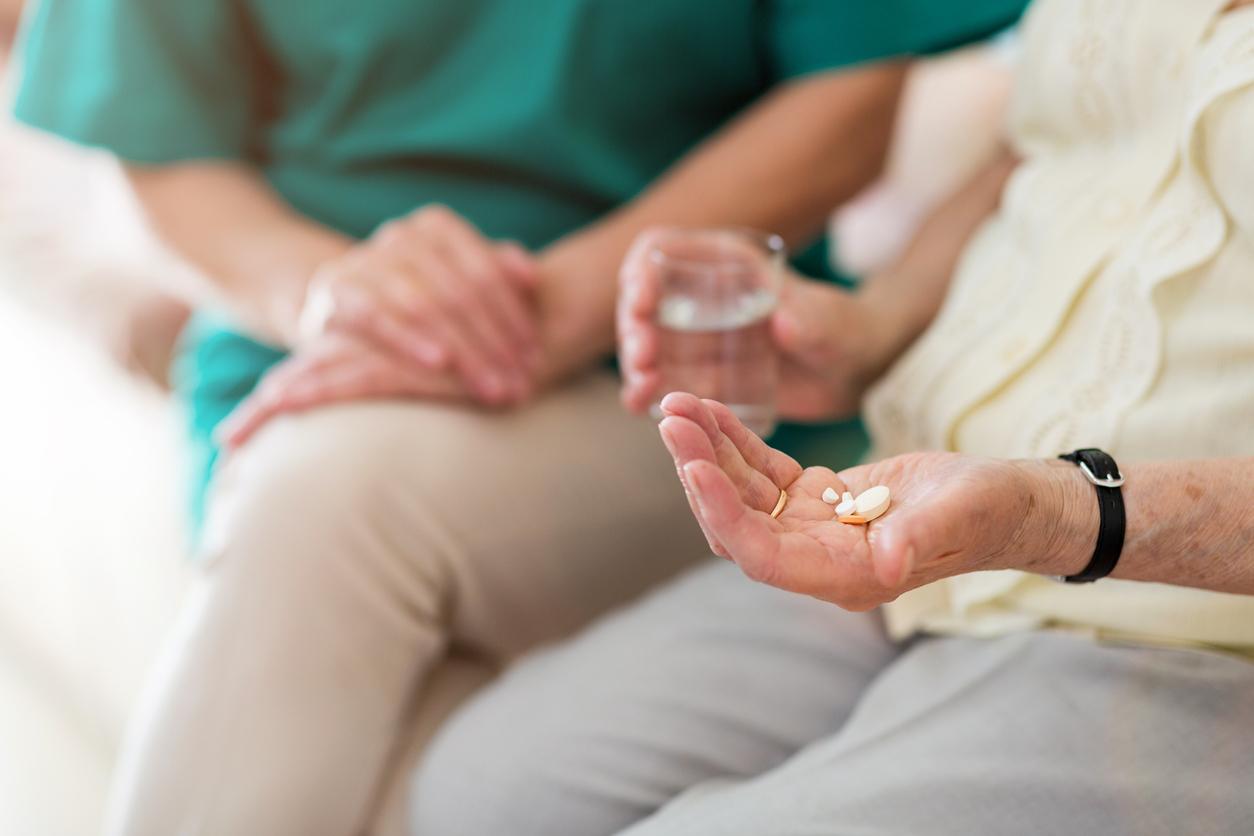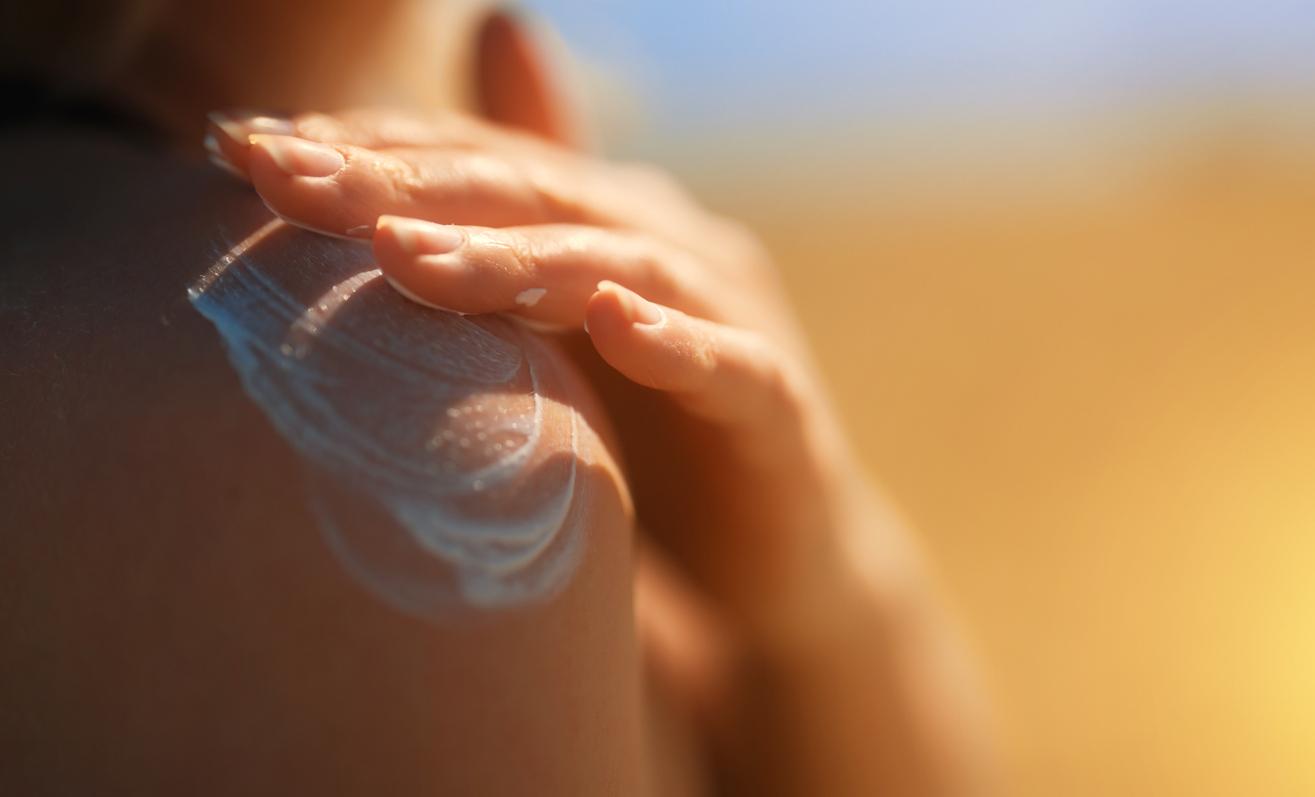Vitamin D is essential for our body. Sufficient exposure to the sun and an adequate diet can cover our needs. However in case of deficiency, it is necessary to take ampoules or drops.

- Diet and sunshine are the only natural ways to meet our vitamin D needs.
- In case of deficiency, it is possible to take ampoules or drops sold in pharmacies.
To get through the winter well, we must rely on the sun and food, the only natural allies to meet our daily vitamin D needs.
This plays an important role in the muscular, immune and bone systems, in particular by allowing the fixation of calcium on the bones. Deficient people are more likely to suffer from muscle disorders (loss of muscle tone, convulsions, tetany attacks, etc.) or bone disorders (pain, fractures, etc.). That’s why it’s important to make sure we meet our vitamin D needs, especially as winter approaches and the days get shorter and dimmer.
Expose yourself to the sun 15 to 20 minutes a day and adopt a balanced diet
According the National Food Safety Agency (Anses), you should expose yourself to the sun for 15 to 20 minutes a day, preferably in the late morning or in the afternoon. Thus, even if the temperature drops in winter, one should expose oneself to the sun daily to avoid vitamin D deficiency.
However, this is not the only rule to follow… According to ANSES, foods rich in vitamin D should also be ingested daily, for example fatty fish (herring, sardines, salmon, mackerel), dairy products , egg yolks, vitamin D-rich breakfast cereals, certain mushrooms (such as chanterelles, porcini mushrooms, and morels), butter, margarine, or organ meats such as liver. Those with a sweet tooth will rejoice: dark chocolate is also rich in vitamin D!
Some are more likely to have vitamin D deficiency
According to ANSES, the average dietary vitamin D intake of the French population is 5.2 micrograms per day (µg/d) for children aged 1 to 3, 2.6 µg/d for children aged 4 to 10 years old, 2.9 µg/d for young people aged 11 to 17 and 3.1 µg/d for adults aged 18 to 79. The nutritional reference for vitamin D for the population sets the requirement at 15 µg/d for adult men and women.
Certain groups of people are more likely to be deficient in vitamin D because they are less exposed to the sun or have an increased need for it. This is the case, for example, of infants, pregnant women and the elderly. It is therefore crucial for them to increase their vitamin D intake.
Compensate for deficiencies with vitamin D drops or vials
A simple blood test, which can be ordered and analyzed by your GP, can assess your vitamin D needs. If you have a deficiency and are already following nutritional and sun exposure recommendations, you can take ampoules or vitamin D drops, available in pharmacies.
But be careful not to take too much! Excessive consumption can lead to high levels of calcium in the blood, which can have harmful effects on the heart and kidneys and can also cause headaches, nausea, vomiting, extreme fatigue or weight loss. .

















